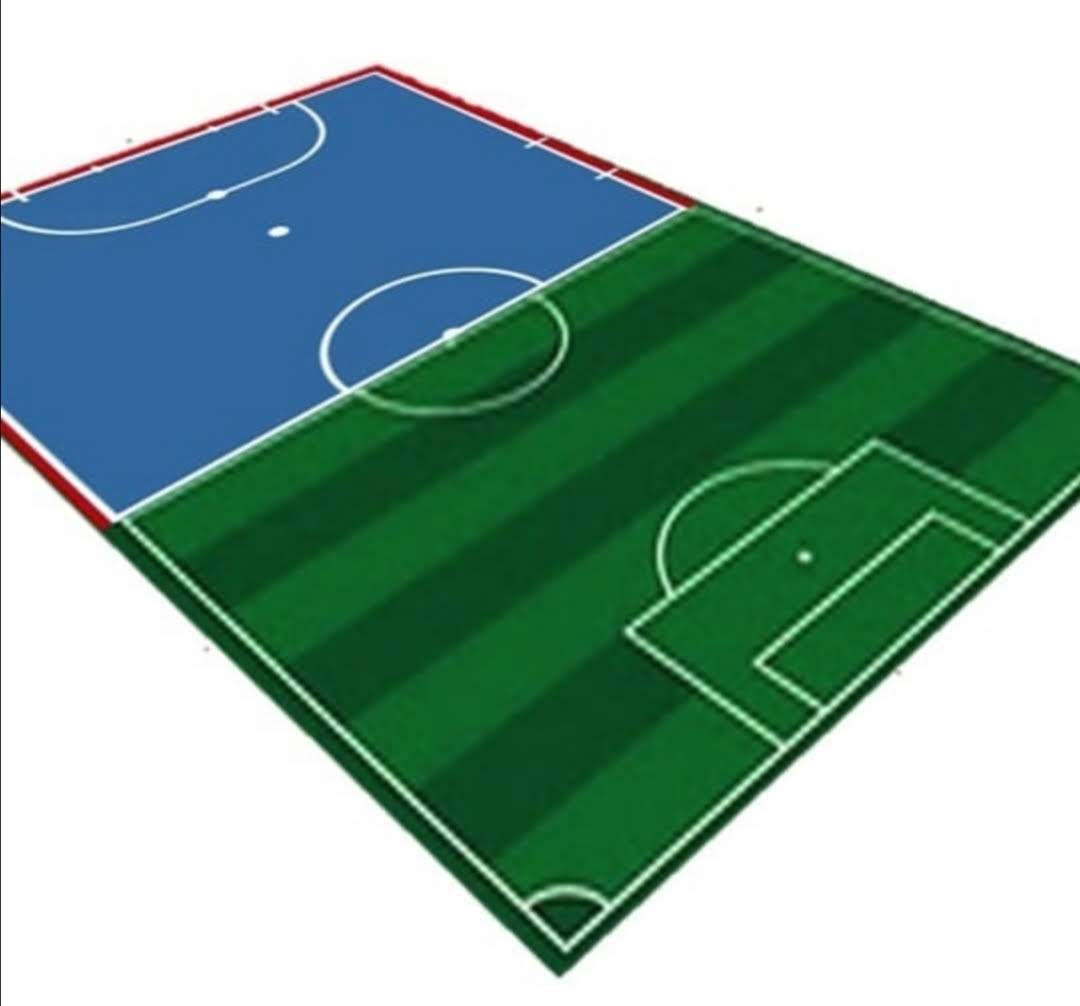FUTSAL COACH INSIDE STAFF OF A PROFESSIONAL FOOTBALL TEAM

In the highly-competitive world of modern football, a coach needs better resources and more collaborators than ever before.
On both a human and a sporting level, there are so many challenges in coaching today’s player that a single coach cannot possibly hope to master all the complexities required. This means that support from other specialists is vital. For example, we have seen more and more that psychologists, sport-scientists, and specialists in certain areas of football (set pieces or tactics, for example), are all joining the staffs of top-level clubs. Even the sport nutritionist - a relatively unknown role just a short time ago - has come to play an important role as a member of elite staffs.
Consequently, most top modern football coaches are able to draw a clear connection between a high-capacity technical staff and success on the pitch. These coaches understand that with specialists assisting them to increase the performance of their players in many different areas - and in identifying areas that need improvement - they can create a demanding environment that creates the key incentives for success. By working in this way, with so many diverse specialists all contributing to the same goal, players are provided with all the tools they need to be successful. And within this new model staff, coaches will understand that they are working as part of a comprehensive team that players rely on for technical, tactical, physical and psychological growth.
Why Futsal?
So, considering this approach, a key question emerges:
Can a specialist futsal coach, who understands how the �40 x 20� game can provide an essential training environment for footballers, play an important role in a modern top-level coaching staff?
I think the answer is a resounding �yes.�
Considering all the essential elements of futsal we have discussed previously, and looking at them in light of the demands of modern football, the connection is obvious. Futsal has already brought so many important aspects to 11-a-side football, all related to the indoor game’s constant reduction in space, the need for quick decision-making, and the elevated demands on technical skills, that to me the next logical evolution in the modern football coaching staff will inevitably be the addition of a specialist futsal coach.
In fact, many clubs in the lower divisions in Spain are already moving in this direction. That is no great surprise, given the fact that so many great Spanish players - Andres Iniesta just to name one, as seen in the famous �Nike Futbol Sala� video - have noted futsal’s massive role in their development as footballers. Many observers have also gone as far as to say that Spain’s resounding success as 2010 World Cup champions, and 2008 and 2012 European champions, was due in considerable part to futsal - which formed the basis of the technical/tactical dominance the Spanish players showed in these competitions.
Brothers and Sisters
I think it is important to consider the football/futsal relationship as one between brothers or sisters- two members of the same family who share a common background and the same basic education. But if we imagine these two siblings leaving their home at a certain age to pursue different careers or relationships, we would still understand that they would go through life having a lot in common. In the same way, there are many things that an elite professional football player has in common with his �brother� or �sister� in futsal - and vice versa - and these are things that must be constantly refreshed and trained to remain effective.
Just to use one example, the close, perfectly-oriented control that a player learns in futsal can - and is - used on the football pitch a million times around the world each week.
Building the New Staff
So, what does this mean for the future of the professional football coaching staff?
At a bare minimum, to me, it would look like this:
- Head Coach
- Assistant Coach (or coaches)
- Goalkeeper Coach
- Physical Training Coach (aka �Strength and Conditioning� in some clubs)
- Match / Tactical Analyst
- Set-Piece Coach (corners, free-kicks, thrown-ins etc.)
- Psychologist
- Nutritionist
- Futsal Coach
The futsal coach’s essential role, at a high level, would be to help the head coach - and the entire staff - to develop the technical/tactical aspects that traditional football training usually does not address. The futsal specialist would add that element - in the same way as a nutritionist or psychologist - to the overall training program. These technical/tactical benefits would be targeted to the individual player, to be sure, but also to the collective team tactics - all to the overall benefit of the team. (Extract of my New Book - published soon)